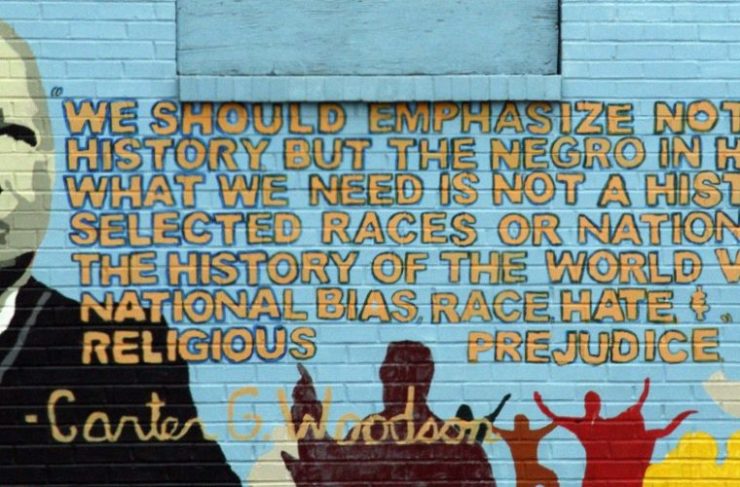
Carter G. Woodson’s West Virginia Wasn’t ‘Trump Country,’ it Was a Land of Opportunity
For young Carter G. Woodson, West Virginia shimmered in the distance, a not-so-far-off land of opportunity.
Of his decision to set off for this frontier as a teenager in the 1890s, the future “father of Black History Month” wrote that his home state of Virginia, “like most of the worn-out South, was passing through an age of poverty and to escape the hardships that endured in that state, younger Negroes went as workers to build railroads and open the coal mines of West Virginia, Kentucky, and Ohio.” Neither did it help that, due to his father’s meager earnings as a carpenter, Woodson could only attend school when it snowed or when agricultural production was slow.
Part of a precursor wave to the Great Migration that propelled Southern Black people across the nation, Woodson (1875-1950) listened to his brother, Robert, who had relocated and glowingly reported the prospects in West Virginia. Woodson saw manna in the mines and followed his sibling to the southern part of the state.
In predominantly white Appalachia, Woodson continued his education and sharpened his interest in history. He wrote a few pieces that were remarkable in their early focus on Black people in a region that was, then and now, more diverse than contemporary stories of its white poverty and Trumpian politics imagine.